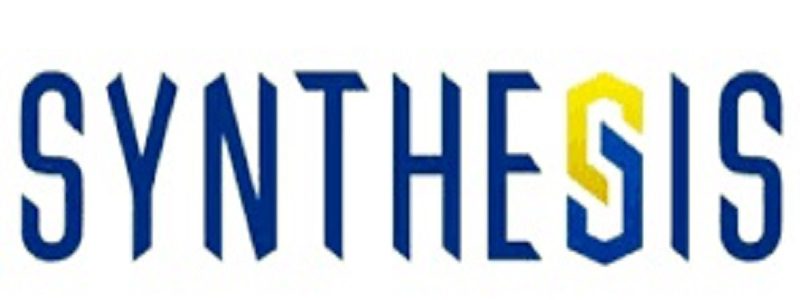‘Star Wars’ Monopoly and the Language of Argument
Overview
One of the more under-acknowledged factors in improving student college readiness is the difficulty students have with the language of argument. The language of argument has a very wide Venn Diagram overlap with the academic discourse, the set of terms and rhetorical constructs privileged by standardized testing (like the NWEA, NAEP, SAT, PARCC, etc.), in college classrooms, and (it is generally believed) in the professional workplace. One of the paramount objectives of all college-readiness programs, and of all college prep schools, should be to equip all of their students with a deep understanding of and control over the language of argument.
Video Pieces and Short Analytics on a Classroom Mock Trial on the Jamestown Colony
At the end of SY2017, one of our partner middle schools — James Otis School, a rising neighborhood K-8 school on Chicago’s near northwest side — implemented the mock trial project we developed for a unit on the early Jamestown colony in North America in the early 17th century, based on the excellent and multiple-award winning young adult novel, Blood on the River. The debatable issue at the heart of this argument-centered project is
Was the British aristocracy (i.e., those who ruled because of the family they were born into), according to Blood on the River, responsible for poisoning the colonies’ relationship with the native population in America?
And the full project was laid out in an earlier Debatifier post, here. This post will consist of several video clips from this implementation, led by veteran educator Janet Smith, along with brief analytics attached to each clip, highlighting two proficiencies and one deficiency.
The Synthesis Solution Protocol: An Early Look
Policy debate? Sure, as long as the home team always wins. Politics today . . . is attitudinal, not ideological. The reason to be for someone is who is against them. What matters more than policy is your side’s winning, and what matters more than your side’s winning is the other side’s losing.
— James Poniewozik, New York Times, May 4, 2017
All those problems [e.g., economic inequality, urban violence, climate change] are serious, they are daunting, but they are not insoluble. What is preventing us from tackling them [is that] we now have a situation in which everybody is listening to those who already agree with them, and are further and further reinforcing their own realities, to the neglect of a common reality, that allows us to have a healthy debate, and then try to find common ground and actually move solutions forward.
— President Barack Obama, University of Chicago Forum on Youth Leadership and Public Service, April 24, 2017
An Endangered Species Poster Project, Argumentalized
Last month the science department chair at one of our partner schools — Daniel Hale Williams College Prep — worked with us to argumentalize her excellent and engaging poster project on endangered animals in her environmental science course. The result upgraded the project by integrating more critical thinking, social learning, and intentionality about bringing evidence together with thoughtful claims about the species’ possible extinction that students study and work on.
Video Clips of Classroom Debates in Spanish (on Beauty) and on Greece (in English)
We wanted to share a small set of video clips we recently gathered from partner schools who this spring implemented argument-centered projects en español on authentic beauty and its relationship to cosmetics, and on the comparative value of ancient Sparta and ancient Athens as models for societies today (in English, for a social studies classroom).
These short clips can give teachers and administrators a further glimpse into argument-centered classrooms, as they engage students in debates on issues that they have researched, studied, organized their ideas about, and built arguments on.






